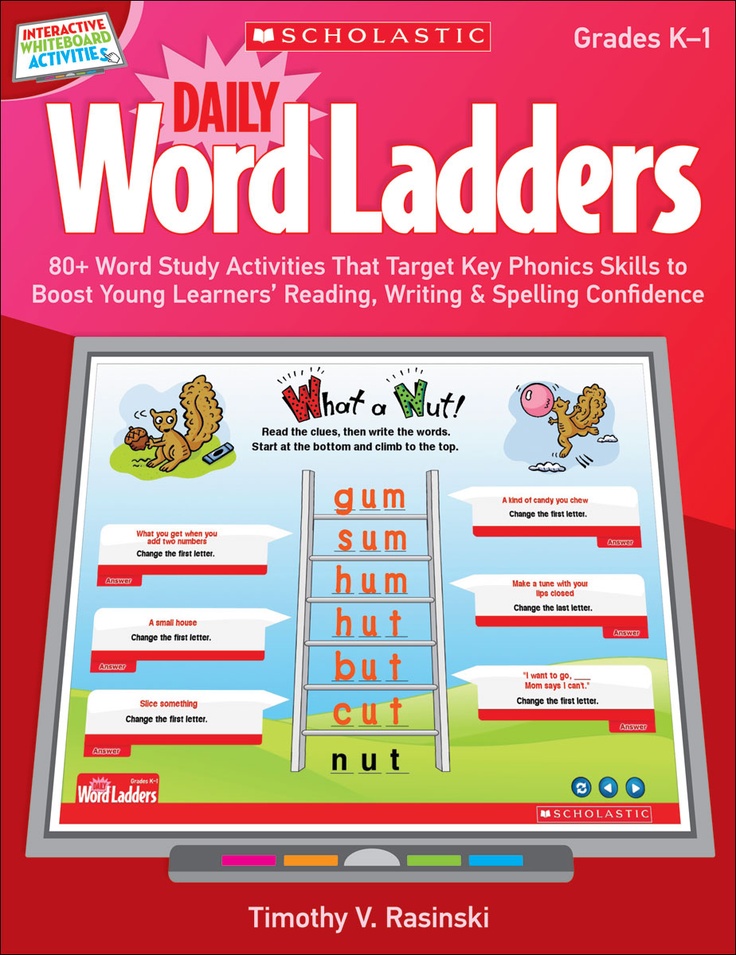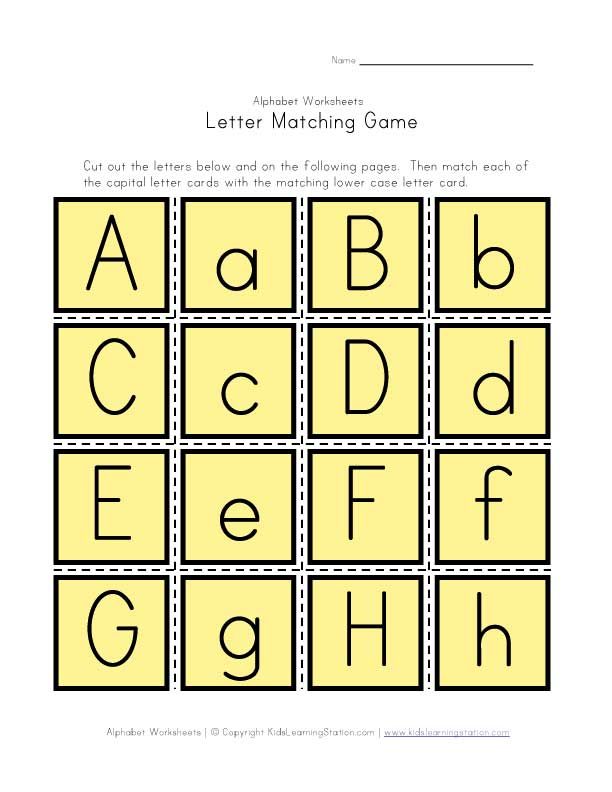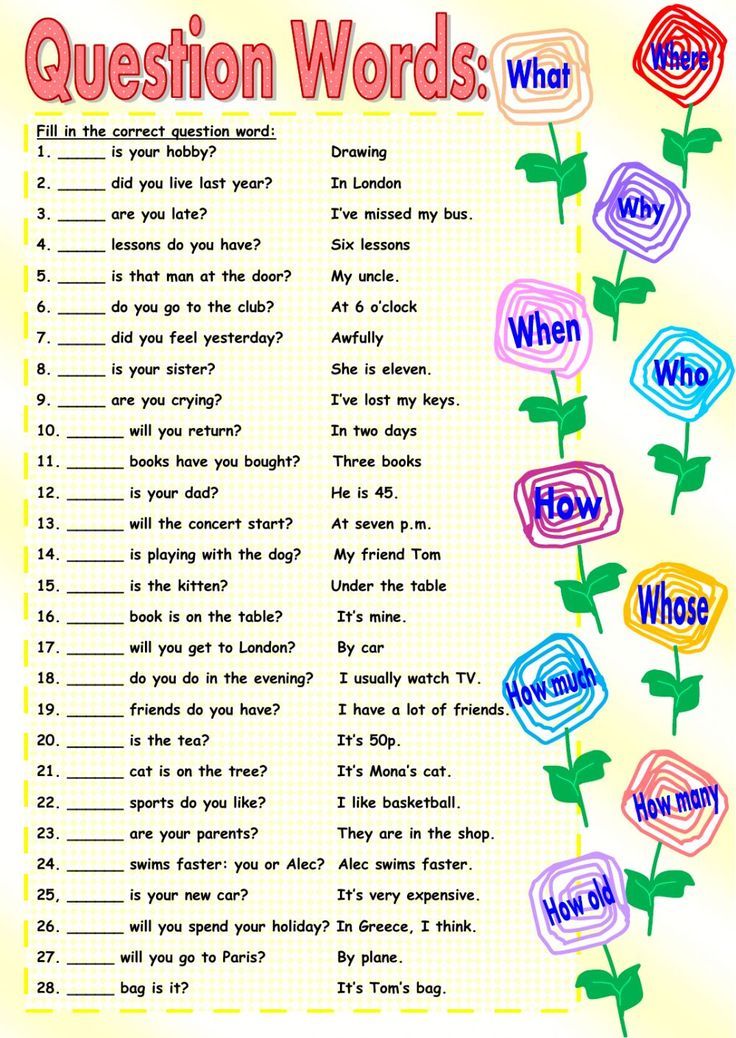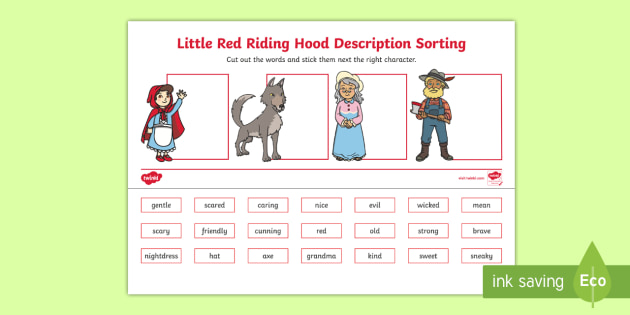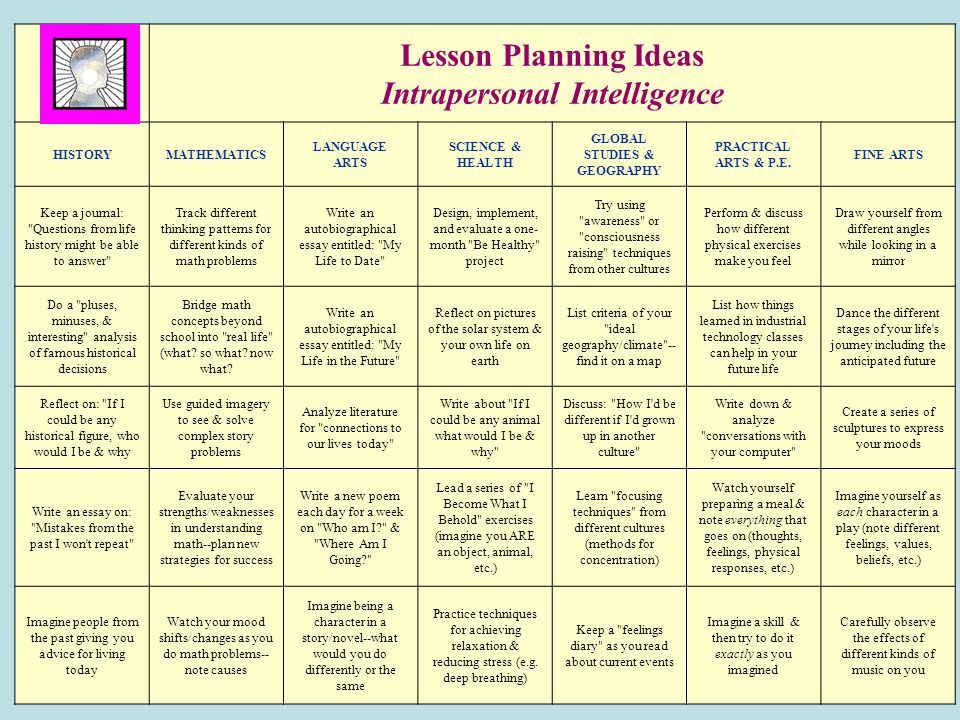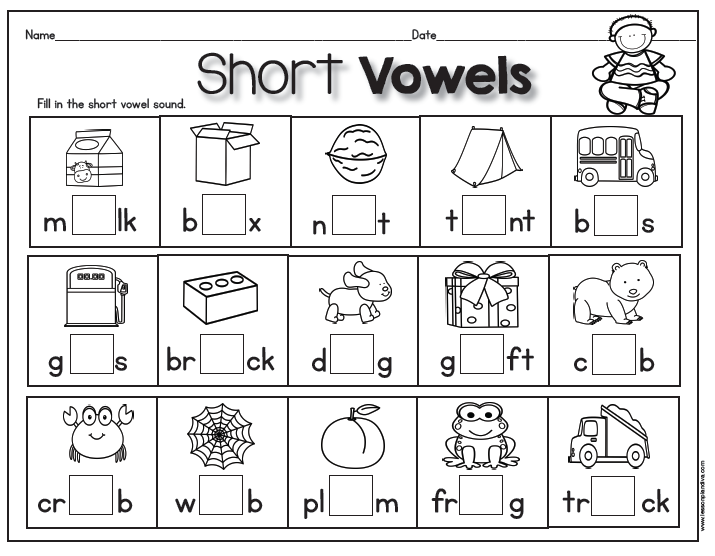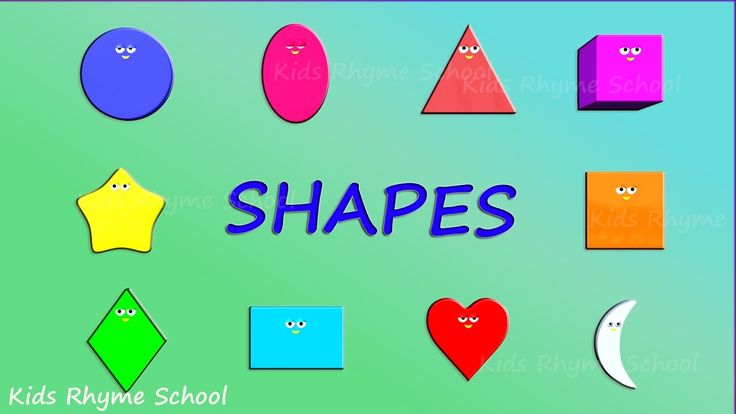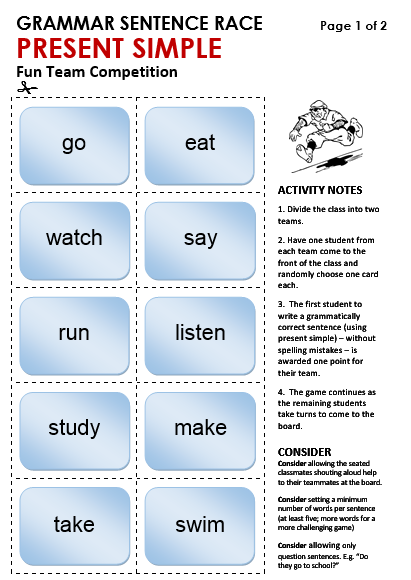Whiteboard spelling games
Classroom Spelling Games for Grades 2-6
Looking for an engaging spelling game to play with your students? Look no further! We’ve collected together a fun list of classroom spelling games suitable for students in grades two to six.
1. Buzz Off Spelling Game
Have students stand in a circle. Choose a person to start and say the word to spell. In succession moving from person to person around the circle, each student says the next letter in the word until the entire word is spelt. The next student says ‘buzz’ and then the next ‘off’ and that final student sits down. Any student whose letter misspells the word also has to sit down. Keep playing until only one student remains standing.
2. Spelling Team Tic Tac Toe #1
Divide students into two teams. Draw a large tic tac toe grid on the whiteboard. Students from each team take turns to orally spell an allocated word correctly. If they are correct, they add an x or o to the grid for their team. First team to three in a row wins the round.
3. Spelling Team Tic Tac Toe #2
Divide students into two teams. Draw a large tic tac toe grid on the whiteboard. Give each team a different coloured whiteboard marker. Students from each team take turns to spell an allocated word directly onto their choice of square on the tic tac toe grid. If they spell the word incorrectly it is erased. First team with three correctly spelled words in a row wins the round.
4. Snowball Spelling Game
Onto a small sheet of white paper write the grapheme for a sound the class has been studying, e.g. ‘ir.’ Scrunch the paper up into a ball. Throw the paper ball to a child who must unwrap the paper and say a word containing that sound. The child then throws the paper ball to another child who has to spell the word. They then throw the ball to another child who has to say a sentence that includes the word. They then throw the ball to another child who starts the sequence again with a new word that includes the sound.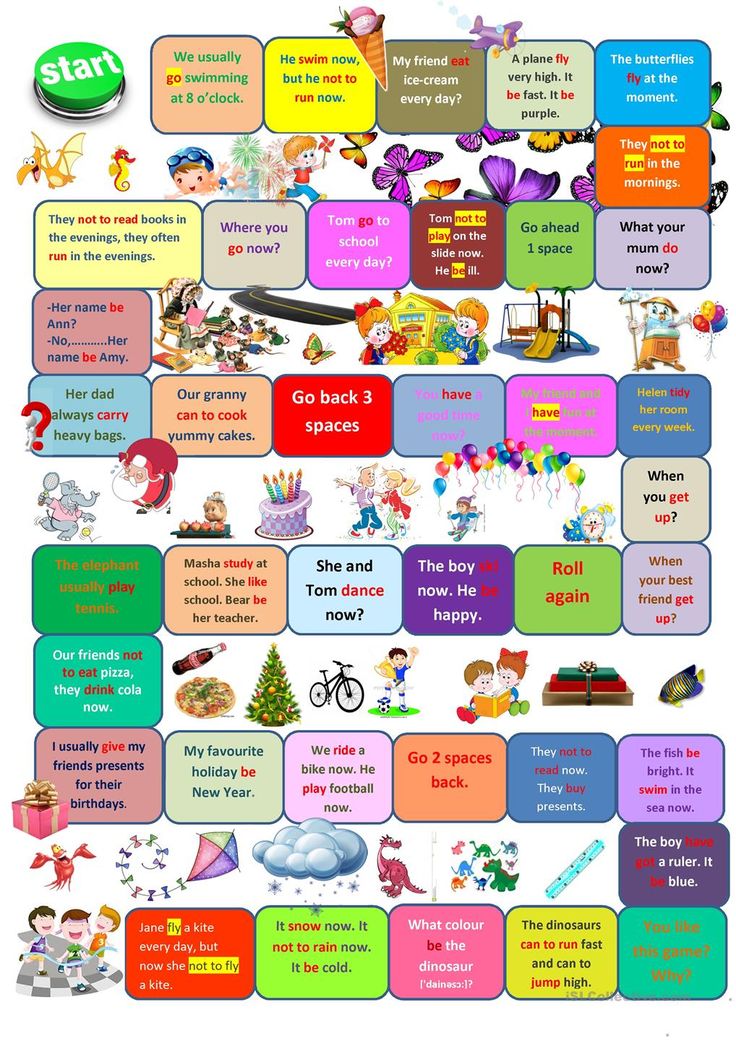
5. Spelling Swat It!
Divide students into two teams. Write the spelling words randomly onto the whiteboard.
Stand the first two players, with their backs to the board, a short distance in front of it. Give them each a plastic fly swat.
Call out a clue to identify the spelling word. For example, “This word means…” or “Rhymes with …” The two players must then race to be the first to swat the correct word on the board. The winner must then turn away from the board and spell the word correctly to win a point for their team.
6. Spelling Word Relay
Divide the students into teams. Each team lines up a short distance away from the whiteboard, facing the board. The first person in each team starts with a whiteboard marker.Call a word for the students to spell. The first student in each team races to the board and writes the first letter of the word and then runs back to pass the marker on to the next team member who writes the next letter of the word, and so on.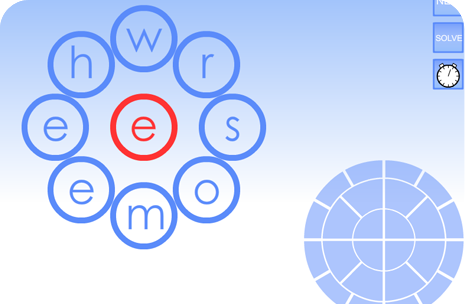 Team members can correct an incorrect letter on their turn but they may not add a new letter. The first team to correctly spell the word scores a point.7. Spelling Who Am I?
Team members can correct an incorrect letter on their turn but they may not add a new letter. The first team to correctly spell the word scores a point.7. Spelling Who Am I?
Write each spelling list word onto a post-it note. Divide students into two teams. The first student from the first team sits on a chair at the front of the room, facing the rest of her team. Place the first post-it note onto the student’s forehead. The goal is for the chosen student’s teammates to give him or her clues to what the word on his forehead is, without revealing the word directly. They can use rhyming words, synonyms, antonyms, guestures, etc. After they guess the word correctly, the student then has to spell the word. If they spell the word correctly, they score a point for their team. Repeat with the first team member from the second team, and so on.
8. Unscramble
Line students up into two or three teams facing the class whiteboard. The first person in each team has a personal whiteboard and a whiteboard marker and an eraser and turns to face away from the class whiteboard.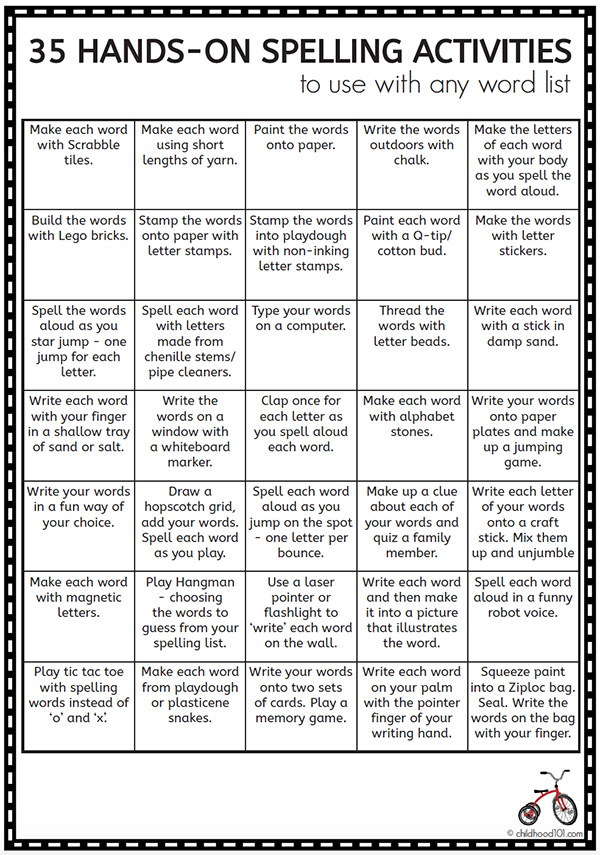 Write a jumbled version of the first spelling word on the class whiteboard. On ‘Go!’ the team members turn to face the board. The first of these students to write the unjumbled word (spelled correctly) onto their personal whiteboard and holds it up to the teacher wins a point for their team. They then pass the whiteboard onto the next team member and play continues with a new jumbled word for each round.
Write a jumbled version of the first spelling word on the class whiteboard. On ‘Go!’ the team members turn to face the board. The first of these students to write the unjumbled word (spelled correctly) onto their personal whiteboard and holds it up to the teacher wins a point for their team. They then pass the whiteboard onto the next team member and play continues with a new jumbled word for each round.
9. Missing Letters
Played in the same manner as Unscramble but the words are written onto the classroom whiteboard with blank lines in the place of some of the letters. For example, b_c_ _se for the word because.
10. Invisible Man
Line students up into two teams facing the whiteboard. Draw two large stick people on the whiteboard, one in front of each team, each must have the same number of body parts. Call out a word for the first member of team one to spell. If they spell it correctly they may erase one body part from the other team’s stick person.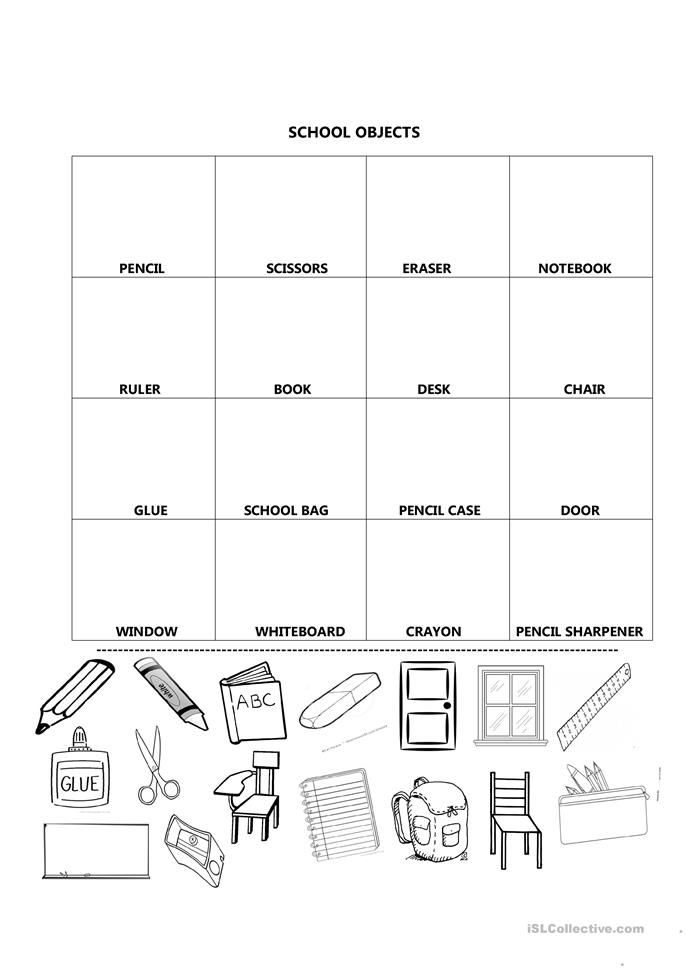 Call out a word for the first member of team two to spell, and continue on until one team’s stick person is completely erased. The erasing team is the winner!
Call out a word for the first member of team two to spell, and continue on until one team’s stick person is completely erased. The erasing team is the winner!
11. Spell-O
Each student chooses five spelling words and writes them onto a piece of paper. Write the alphabet in large print across the whiteboard. Cross out the letters of the alphabet, one by one. As each letter is crossed out, students cross out that same letter as it appears in each of their own words. First student to cross out all of the letters in all of their words wins.
12. Dictionary Challenge
This game works best with students in the upper elementary/primary grades. Divide students into teams. Each team will need a dictionary. Students choose a player from their team to go first. Call out a word. The elected students from each team race to be the first to find the word in the dictionary. The person who succeeds scores a point for their team. The dictionary is then passed to the next person in each team and the process repeated.
Christie Burnett is a teacher, presenter, writer and the mother of two. She created Childhood 101 as a place for teachers and parents to access engaging, high quality learning ideas.
Top 3 Fun Spelling Games
Lesson Ideas
Are you after some fun spelling games to incorporate into your spelling program? I find that spelling can become one of those areas where you always do the same thing…
Are you after some fun spelling games to incorporate into your spelling program?
I find that spelling can become one of those areas where you always do the same thing and it can get a bit tedious.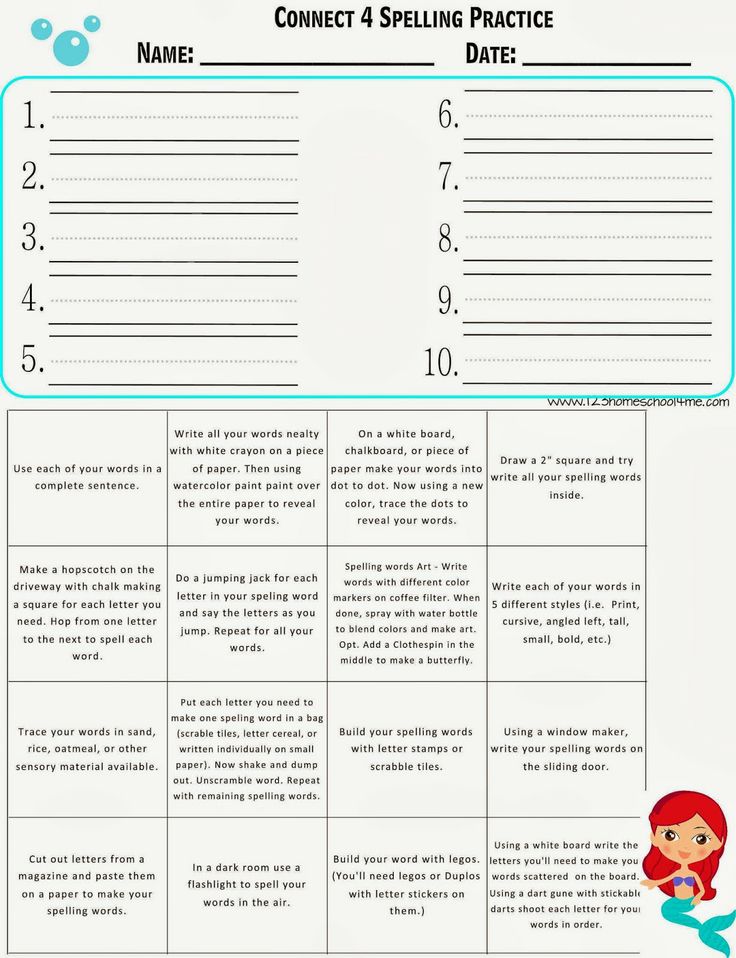 In the last few weeks, I’ve been having lots of fun with my students playing different spelling games and I wanted to share my favorite spelling games with you.
In the last few weeks, I’ve been having lots of fun with my students playing different spelling games and I wanted to share my favorite spelling games with you.
Rather than write about the games I thought it would be fun to share a video tutorial with you. In the below video I use a whiteboard to demonstrate how to play each game. If you have some fun spelling games you play with your students, then I would love for you to share them in the comments below.
I hope you enjoy the video!
Can’t see the video, watch it here.
- These games are not to be used in place of explicit teaching of the skills and knowledge needed in order to read and spell. But they are a fun and motivating way of consolidating and rehearsing what has been explicitly taught.
- To get the most out of the games, introduce them with easy words that all students are comfortable with.
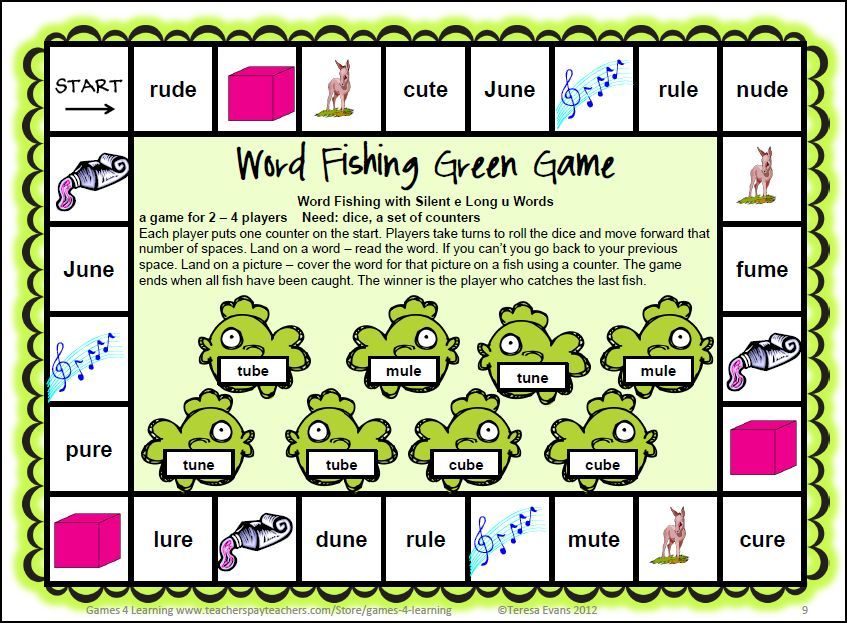 When your students have a handle on the rules and how the games work, then move on to include more challenging words.
When your students have a handle on the rules and how the games work, then move on to include more challenging words.
- Remember you can differentiate each of the games by selecting words that are appropriate for your students, including 1, 2 and 3 syllable words.
- If you have your students complete the games on mini whiteboards, have you thought about taking a photo of the board? This is a great way to keep a record of the student’s work and it will give you important information when you need to write reports. I use Evernote to store digital copies of student work. I have a separate folder for each student and when I take a photo I save this as a new note in the student’s folder.
- These games are also a way for the teacher to find out if there are some common errors that students are making. It is important to remember to analyse the errors students are making and use this information to inform your future teaching and if you need to review some previously learned concepts.
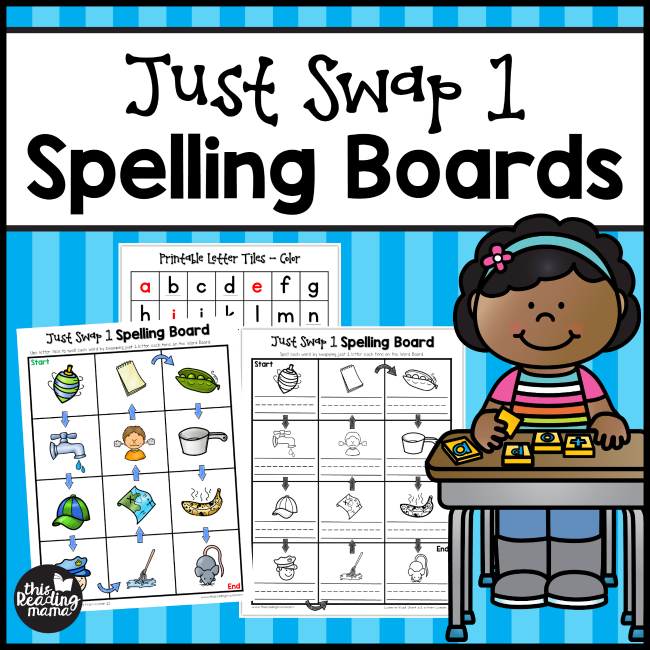
For more spelling ideas see these:
- 6 Practical Ideas To Help Students Improve The Skills Needed For Reading
- 3 Activities To Help Teach Digraphs
- 2 Wonderful Phonics iPad Apps For Younger Children
Graphics & Fonts by: Graphics From The Pond
← Previous Post Next Post →
Related Articles
If you have a variety of print types in your print rich classroom, you’re ready for a print walk. Here are four print walk tasks to try.
read more
Math games are an essential part of your tool kit to help kids develop math skills. Here are math board games & more you can incorporate into your class.
read more
Subscribe to our newsletter to receive regular teaching tips and updates & get instant access to the free print and go phonics homework PDF:
Success!
Sign up now!
Spelling games | Educational and methodological material on the Russian language on the topic:
SPELLING GAMES.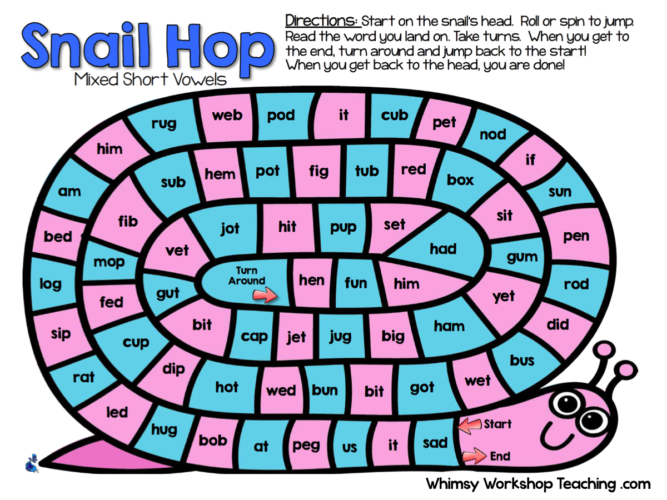
1.Check Dunno.
Dunno played with words, making one word out of two. Check if he
composed the words correctly?
Paul+Osa = stripes
Kol+Osa = colosses
OG+Wasp-fits
Tooth+I = teeth
oak+b+I = Dubya
2. Who quickly correct the errors. (Subject: Capital letter)
The cards have misspelled text.
Task: Find and correct all capitalization errors as quickly as possible.
3. Read the offer. (Topic: Case endings.)
Cards are made from an album sheet, on which sentences are written, but instead of nouns, the corresponding figures are placed.
Assignment: while reading a sentence, students name nouns in the corresponding case from the pictures, choosing the correct ending.
4. "Choose three words" (The game is used to reinforce any topics in the Russian language)
Purpose: To follow the formation of spelling skills, taking into account the stage of work on spelling.
The choice of words depends on the topics studied or covered.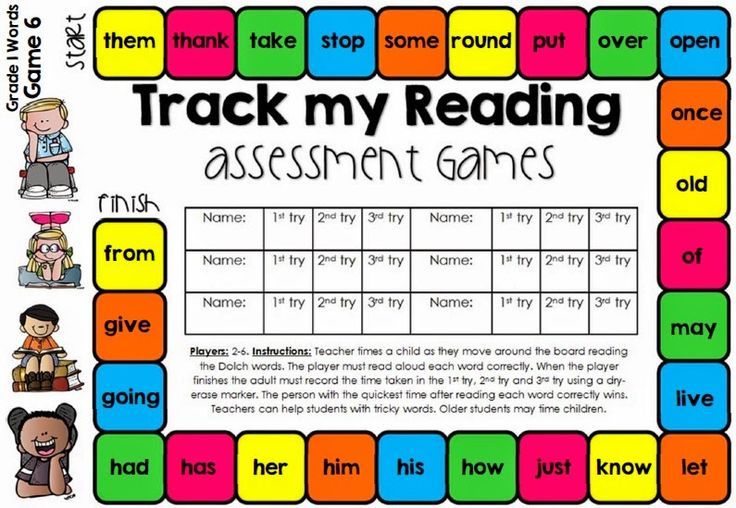
Nine words are written on 9 cards:
1st set: fish, blizzard, stocking, oak trees, jam, scarecrow, streams, plague, mushroom.
2nd set: entrance, warehouse, crow, hail, filming, treasure, gate, rise, sparrow.
Bread
CLU-KA
Kali-Ka
Bere-kiki
FILKI
Obl-ki
Pied KI
Marty-ka
Redi-ka
Du-ki
Lo-ki
Tetra-KA
CLA
Tra-
Carko-Ka
Li-KI
Ostro-oki
Promotion-KA
Blue 9000 9000
Refined
Tasks:
Explain spellings by choosing test words.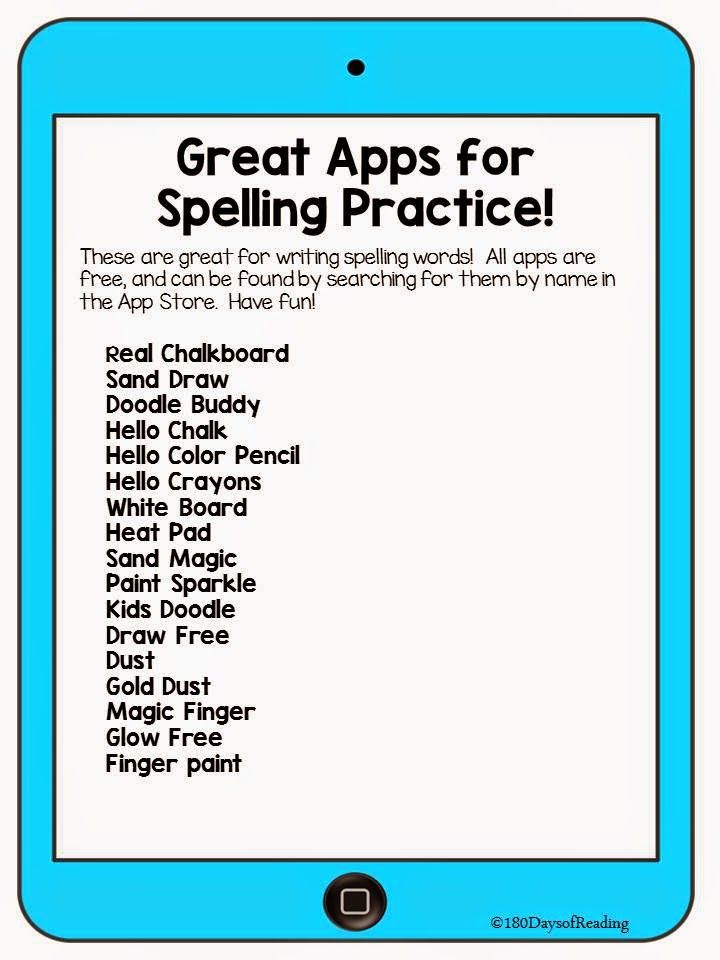
6. Game "Ball"
Didactic task: Repeat the formulation of clarifying questions and case endings.
Game objective: Help the proposals get to the Ball.
Contents of the game:
Ball in the Grammar Kingdom today. There were many proposals for it. But the sentinel will not let them into the palace until each noun from those who have appeared has its conjugation indicated. Help the proposals get to the Ball. What questions does the clock noun ask?
Materials:
A table is drawn on the board, the halves of which are separated by a sentry. The proposal is analyzed by one student, tips from the class are accepted.
Cherry blossoms in May Mother gave her son a book Swallows return from Africa Hare feeds on tree bark Sister came to her brother Sasha wrote a letter Fox hid behind a bush, etc. H a s o v o y In (what?) May blooms (what?) bird cherry. etc.
7. Game "Find the ending"
Didactic task: Repeat the case endings of nouns.
Game task: Find the endings of some words in sayings.
Content of the game:
“The ending is a very changeable, moving part of a word. She can easily get lost. Find the lost endings for these proverbs.”
Materials:
Cards
- Pick the berries... you will find the box.
- Drop by drop... and the stone hammers.
Without a primer and grammar... Mathematics cannot be learned...
8. The game "Nicknames"
Purpose: formation of the process of inflection and word formation, consolidation of phonetic and grammatical analysis of words, spelling of proper names.
Move: Form animal names from the following words:
BALL, ARROW, EAGLE, RED, STAR
Make proposals.
BALL, ARROW, EAGLE, GINGER, STAR
Highlight the part of the word that you used when composing nicknames (suffix, ending).
9. Game "Team chain game"
Didactic task: Complete the appropriate nouns in the accusative case.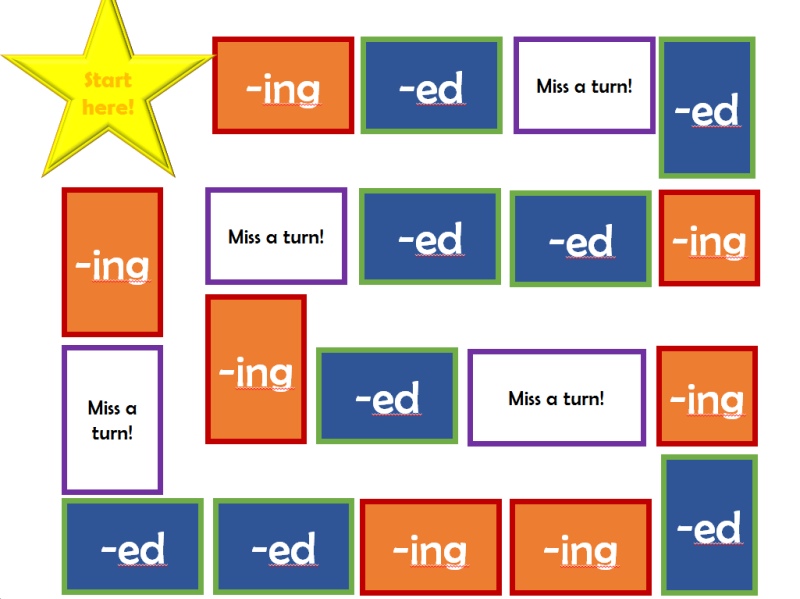
Game objective: Make the chain as long as possible.
Contents of the game and Materials:
- Listening to music, mom...
- I am writing a dictation, a letter,...
- They are building a tower, a house,... etc.
10. The game "Hard - soft"
Purpose: to create conditions for repeating the spelling of hard and soft characters.
Students are divided into two teams. One team is called “Stone”, the other is called “Water”. The “Stone” team gets up if I read a word with a hard sign, if I read a word with a soft sign, the “Water” team gets up.
Words: congress, drive in, blizzard, pours, entrance, pour, announcement, stakes, runners, detour, ears of corn, drink, shooting, etc.
11.Game: Be careful.
Purpose: to activate memory, attention, vocabulary, based on knowledge of the rules.
Write out from the proposed poems with combinations of zhi, shi:
1. Siskins lived in a hut,
Mice, hedgehogs, swifts,
Walruses come to visit them
Both giraffes and snakes.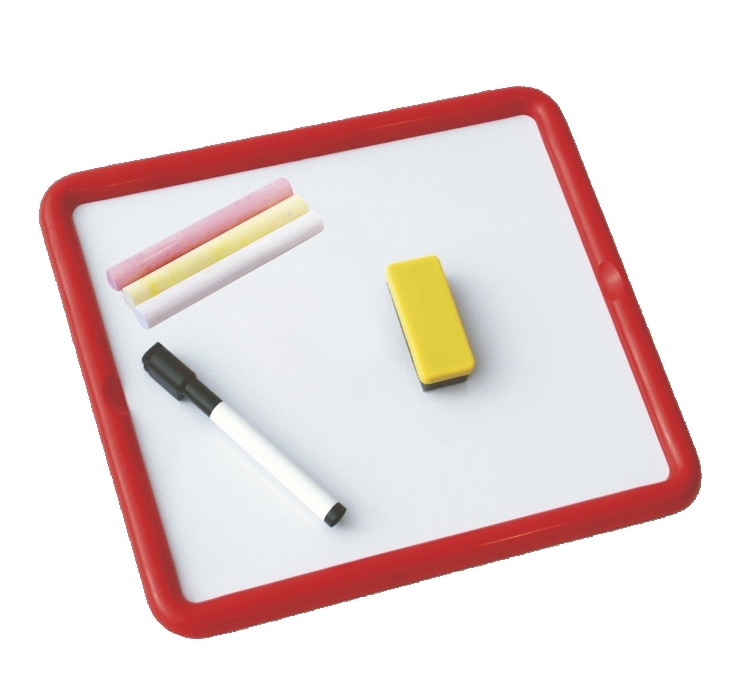
2. Vest, animal, belly,
Giraffes, painting, lives,
Briar, tires, reeds,
Cars and pencils,
Circle, serve, make friends and live,
Hurry, make laugh,
Hiss and sew.
All combinations of ZhI and SHI
Only with the letter I write!
12. Game: Slovoznaikin, give me an answer.
Purpose: to determine the level of development of children, to develop memory, thinking, speech.
Children are invited for a certain time to remember and write down as many proverbs and sayings, riddles and quatrains as possible, in which words and a given rule are found - "Spelling of words with combinations of zhi, shi." For example:
Proverbs and sayings:
Life is given for good deeds.
You can't hide an awl in a bag.
If you hurry, you will make people laugh.
To live life is not a field to cross.
Friendship is like glass, if you break it, you won't stick it together.
Riddles:
Two birch horses
They carry me through the forest.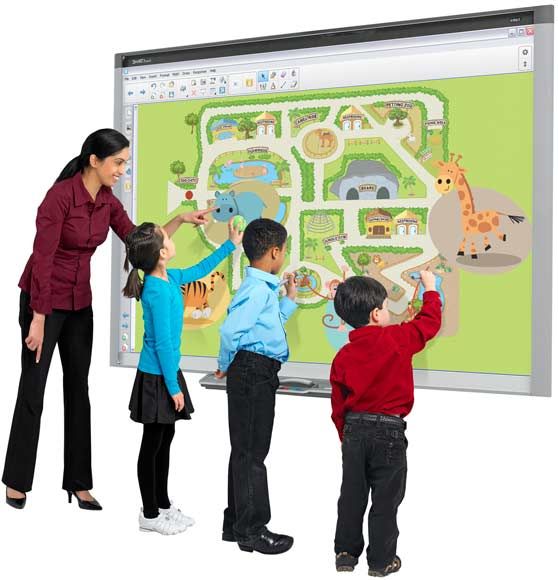
These red horses,
And their name is ... (skis).
He is tall and spotted
With a long, long neck,
And he eats leaves,
Tree leaves (giraffe)
Quatrain:
She sewed a fur coat - she sewed a skirt,
She sewed a hat - she sewed a slipper!
Good seamstress Natasha!
13. Game: Change the letter.
Purpose: to intensify the mental activity of students, develop spelling and phonetic vigilance, attentiveness, logical thinking.
Children are offered the original word with a spelling, they change either one or two sounds in it sequentially, while maintaining the combination -chk-, and receive new words. The one with the most words wins.
daughter pen
barrel river
night candle
bump stove
point kidney
cloud daughter
wheelbarrow night
14. Game: Name one object.
Purpose: to develop methods for checking unstressed vowels.
The teacher says a word denoting many identical objects, and the students name one such object and explain what vowel should be written in the root of the word. For a correct answer, the row receives a point. The winner is determined by the number of points.
Sample material: words: doctors, eyes, rooks, gardens, basins, balls, sides, rains, yards, moles, seas, knives, fruits, fields, horns, etc.
15. Game: Capital letter.
Purpose: to reinforce the rule of capitalization in words.
Equipment: each student has a set of signal cards.
The teacher invites the class to listen carefully to the poem. Then the students mark with signal cards, all the rules for writing a capital letter, which are mentioned in the poem. Next, you need to protect each of your answers, that is, explain which rule is fixed. The winner is the one who manages to protect all signal cards.
An ordinary letter has suddenly grown, The letter
Has grown above the letters - friends By the line at the beginning,
They look with respect So that we notice the beginning.
In the letter of a friend, First name, last name
But why? Are written with her,
For what merits? To be more noticeable and visible,
To sound loud and proud
The letter did not want to grow by itself, Your name
The letter is entrusted with an important task: The name of the street, city.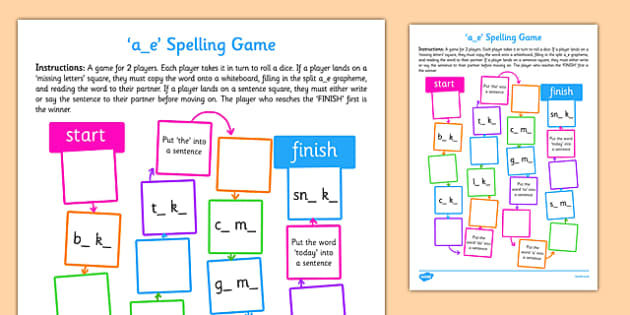
Put in the word Large letter -
Not in vain and not easy Not at all empty,
The letter is so tall.
In a big letter -
Respect sign. (S. Izmailov)
16. Game: Half a minute for a joke.
Purpose: to fix the spelling of the capital letter in animal names.
Equipment: the board contains the names of those animals that are found in Yu. Chernykh's poem: a dog, a chicken, a cow, a cat, a horse.
The teacher asks the children to listen carefully to the poem and say what is wrong with it. The correct answer is rewarded with a game token. Some children add nicknames to the names of animals on the board, while the rest do this work in a notebook.
Once upon a time there was a grandfather and a woman
With a little granddaughter.
They called their red cat
Zhuchka,
And they called Crested
They called the foal,
And they also had
Burenka hen,
Murka dog,
And two more goats -
Sivka and Burka.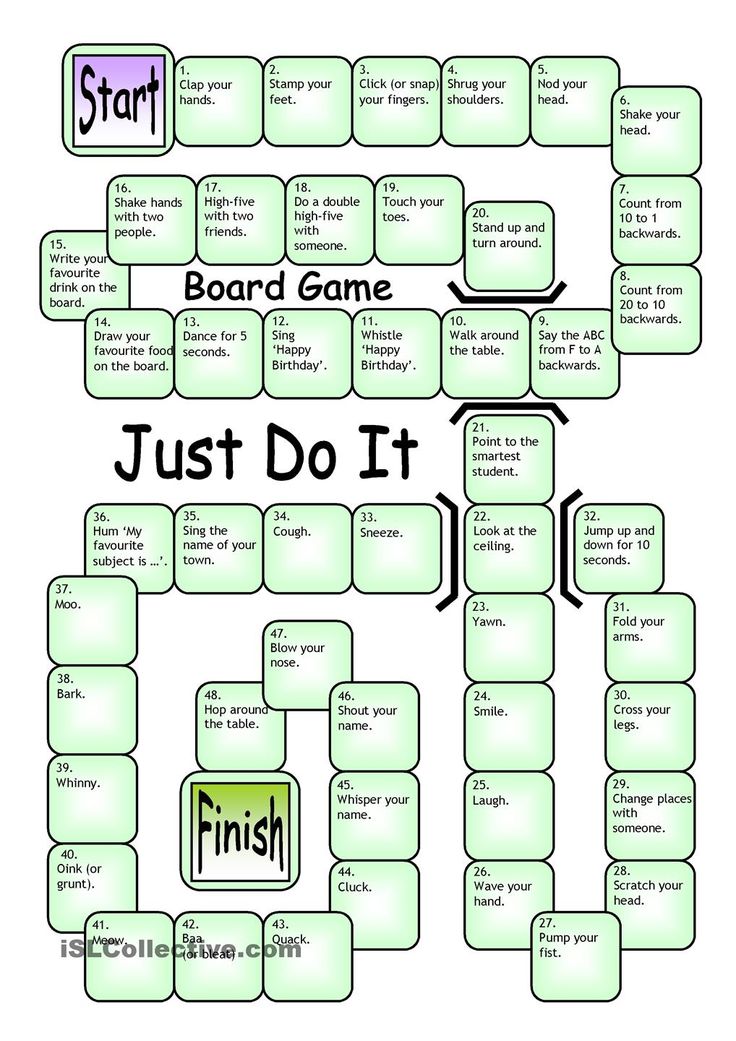
17. Didactic game "Be careful."
Purpose: to activate memory, attention, vocabulary, based on knowledge of the rules.
From the proposed poems write out words with combinations of zhi, shi:
1. They lived in a hut of siskins,
Mice, hedgehogs, swifts,
Walruses come to visit them
And giraffes and snakes.
2. Vest, animal, belly,
Giraffes, painting, lives,
Briar, tires, reeds,
Cars and pencils,
Circle, serve, make friends and live,
Hurry, make laugh,
Hiss and sew.
All combinations of ZhI and SHI
Only with the letter I write!
what to play at the initial stage?
Games at RFL lessons: what to play at the initial stage?Elena Filatova
44647 0 12/17/2019
As you know, game tasks are the decoration of any lesson. Not even like that. Ideally, they are one of the key stages of the lesson, since it is in the form of a game that it is most effective to consolidate existing knowledge.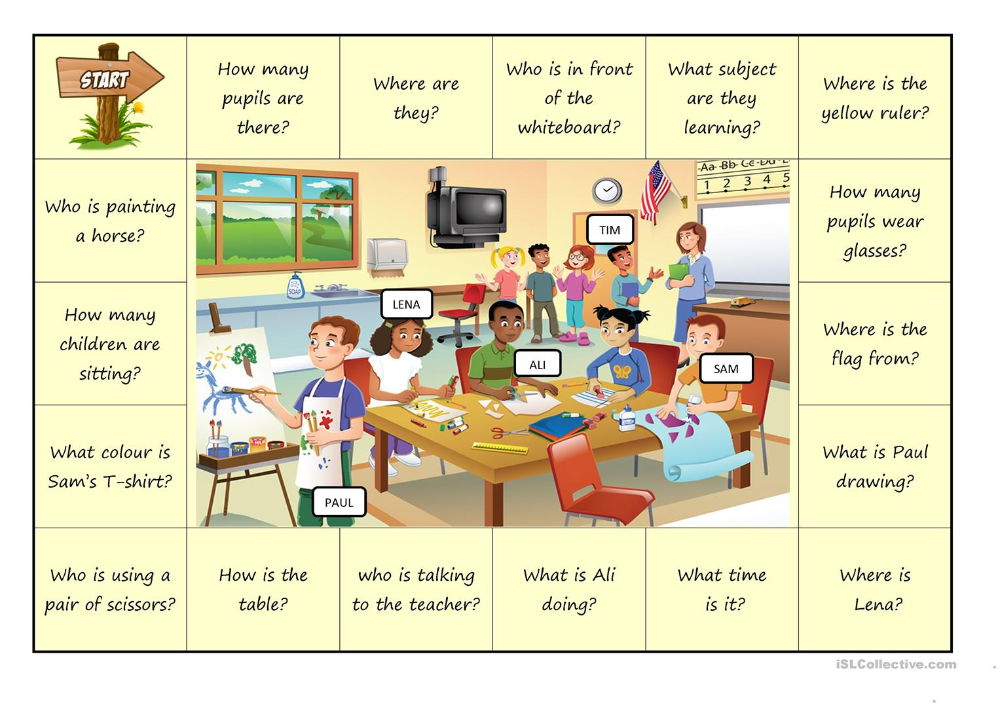 Of course, the higher the level of the students, the more interesting games can be used: authentic board games, role-playing games, debates, puzzles, associations... there are many options. However, at the initial level, when the vocabulary of students is very limited, it is quite difficult to come up with a game (especially a communicative one).
Of course, the higher the level of the students, the more interesting games can be used: authentic board games, role-playing games, debates, puzzles, associations... there are many options. However, at the initial level, when the vocabulary of students is very limited, it is quite difficult to come up with a game (especially a communicative one).
Based on the experience of fellow Russian as a foreign language teachers, we tried to compile a list of successful, in our opinion, games that can be used to work with the A1 level.
Phonetic games
- Favorite sound . The goal of the game is to work out one or another difficult sound. Option 1: the teacher reads a text or a poem, students clap their hands when they hear this sound. Option 2: students count how many times the studied sound occurs in the text or poem.
- For example, to practice the sound [p], you can use the following poem by A.
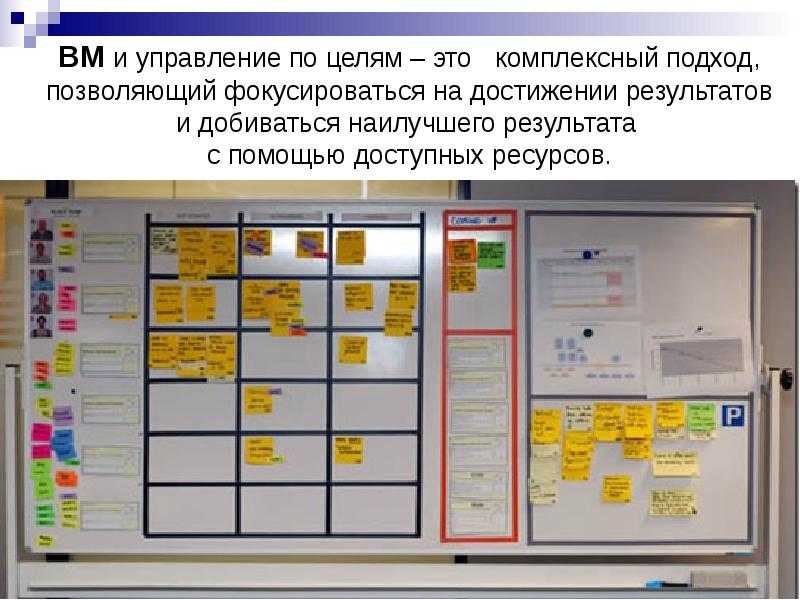 Barto :
Barto :
Left, p r avoy!
Left, p r avoy!
On pa r hell comes from r poison.
On pa r hell comes from r poison.
Ba R Carrier very R hell.
Ba r abanit, ba r abanit
Polto r a hours under r poison.
- "Correct Reading" . The teacher together with the students analyzes a short text. Then the students are divided into two teams and read the text according to the sentence. If someone makes a mistake, the team skips a turn and loses one point. The team that finishes reading first wins.
- Alphabet . The teacher shows cards with letters. The team that can correctly name the most words for each letter wins.
- Football .
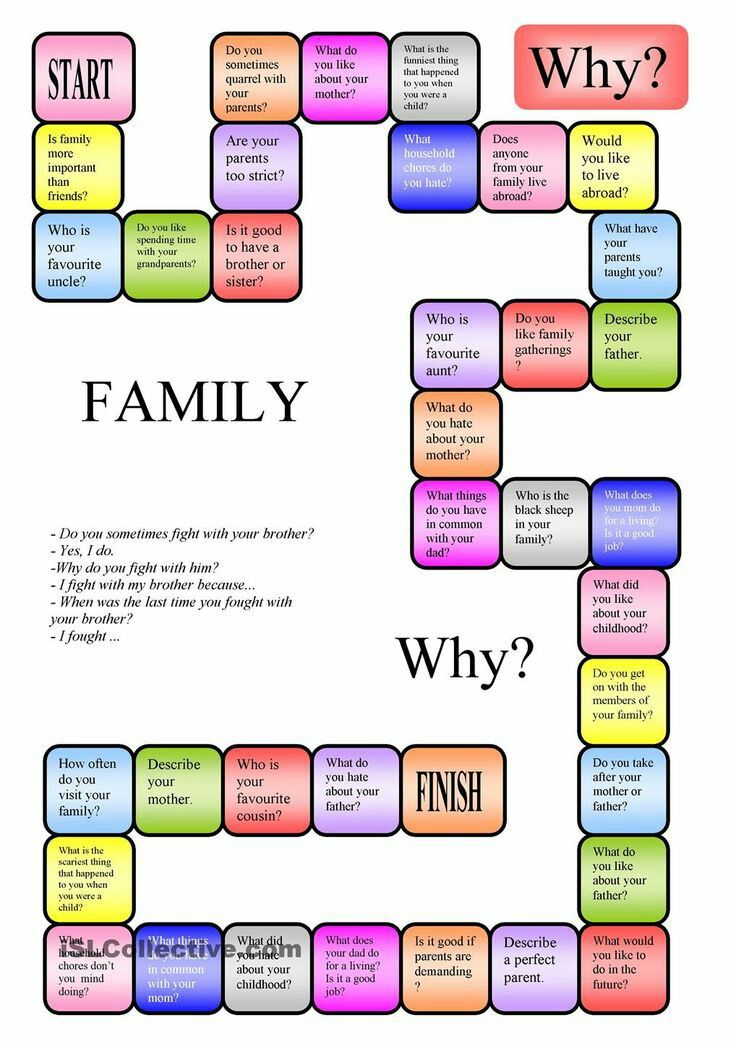 The teacher pronounces the word, the task of the students is to name another word that begins with the same sound as the first.
The teacher pronounces the word, the task of the students is to name another word that begins with the same sound as the first. - "Is that a question?" . Students listen to statements that are different in terms of intonation. When they hear a question, they raise their hand or card up.
Lexico-grammar games
- “Letters are lost” . Students are divided into two teams, each team receives a list of words in which letters are missing. The task is to insert the missing letters.
- "The word is lost" . Students look for words in the letter box. For example, we have compiled a field on the topic “Clothes”, in which the words hat, dress, jacket, skirt, trousers, jeans, t-shirt, shirt are encrypted.
- Snowball . Students name words on the topic being studied, each next participant must repeat all the words spoken before him
- Dictation marathon .
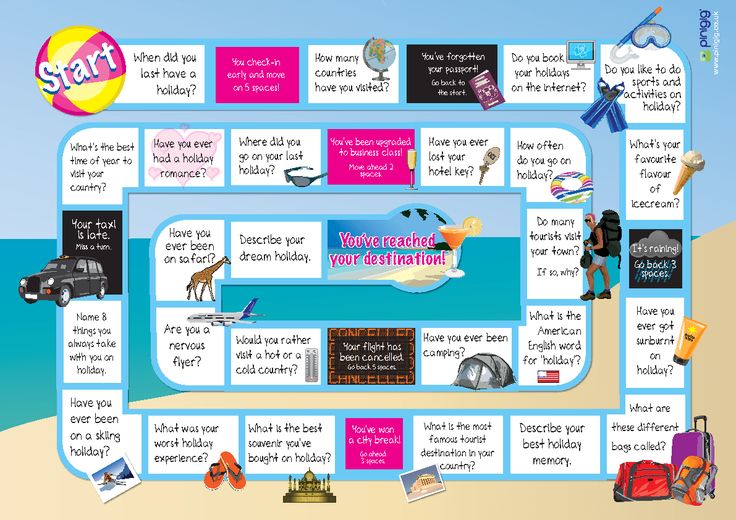 Students are divided into two teams, both receive the same passage of text. Each team selects a student who will write the dictation. The task of the other participants is to run up to the text, memorize an excerpt from it, run up to the writer and dictate a passage to him. The team that finishes writing faster and makes fewer mistakes wins. Snowball. Students name words on the topic being studied, each next participant must repeat all the words spoken before him.
Students are divided into two teams, both receive the same passage of text. Each team selects a student who will write the dictation. The task of the other participants is to run up to the text, memorize an excerpt from it, run up to the writer and dictate a passage to him. The team that finishes writing faster and makes fewer mistakes wins. Snowball. Students name words on the topic being studied, each next participant must repeat all the words spoken before him. - "Catch the ball" . There are many options for ball games. For example, students can throw a ball to each other, naming antonyms, synonyms, words on the same topic, etc. The teacher and student can also throw the ball to each other: the teacher asks a question, the student answers. Another option is to use a ball bouncing off the surfaces: the student hits the ball on the floor and each time the ball touches the floor, he says one of the words being studied (a certain topic is selected). For example: "I know 5 words: mom, dad, brother, sister, grandmother.
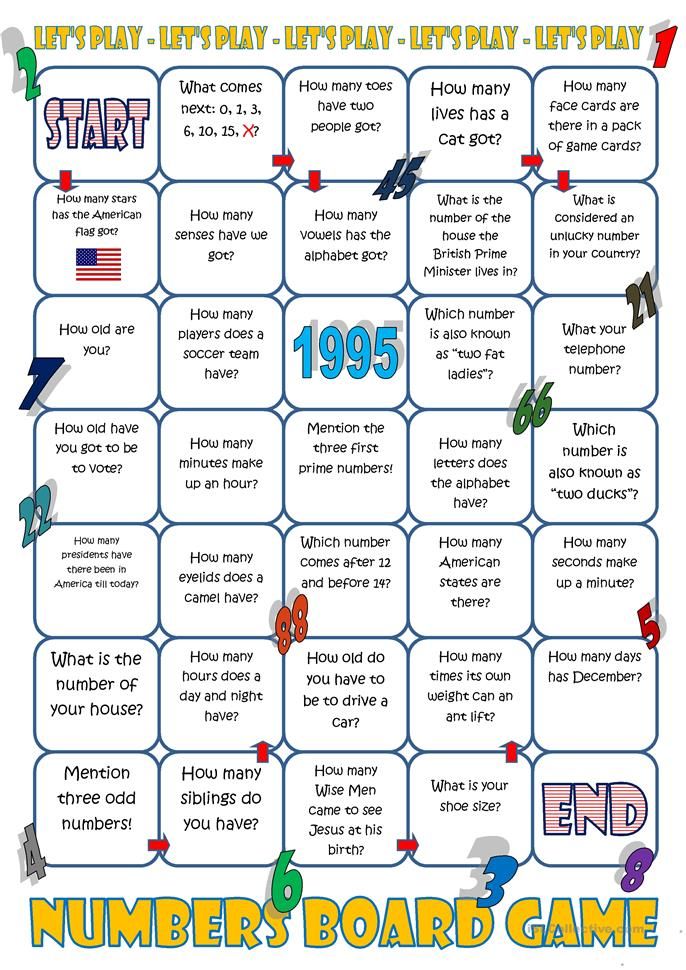 " The function of the ball is to work at a faster pace, to help students focus on the task. In addition, such games enliven the lesson.
" The function of the ball is to work at a faster pace, to help students focus on the task. In addition, such games enliven the lesson. - Artist . One of the students receives a card with a word. Without showing the card to the others, he draws what the word stands for on the board. The other students have to guess what it is. To add excitement, you can divide students into teams.
- Describe yourself in three words . On the sheets of paper, students write three adjectives that, in their opinion, characterize them. The teacher collects the papers and reads the adjectives aloud. The group must guess who it is. NB! It is important for this game that everyone in the group is well acquainted.
- Own game . The teacher writes on the board topics that the students have already studied, for example, “Free time”, “Family”, “Clothes”, “Holidays”, etc. The teacher asks one of the students what he wants to know from a friend.
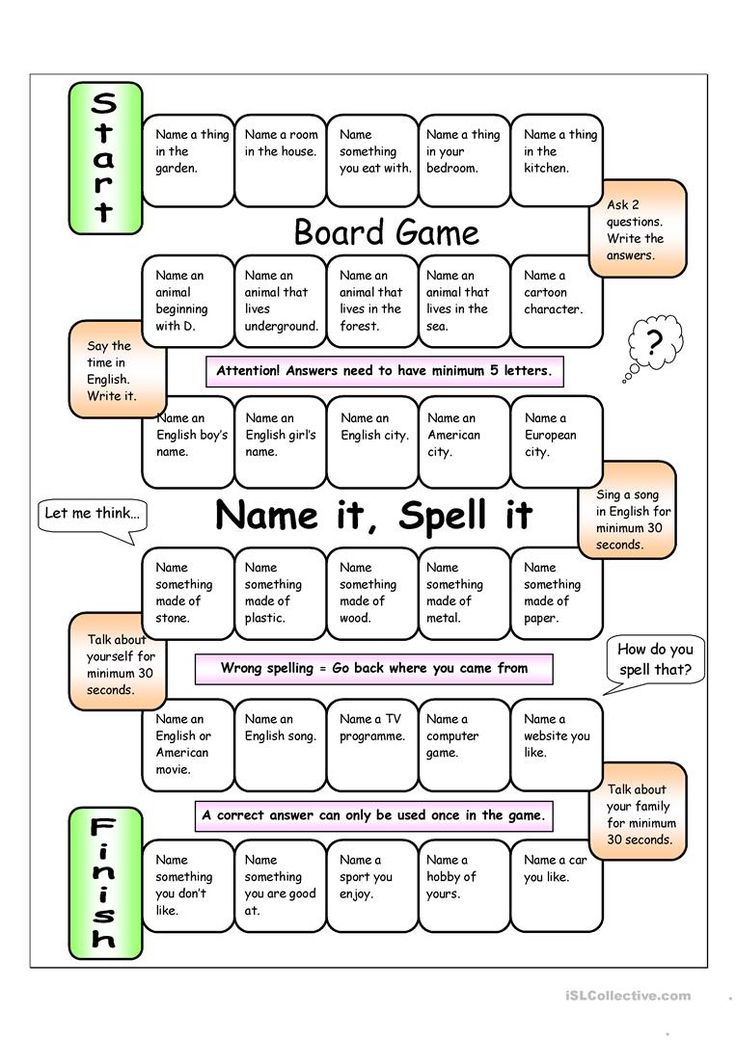 He says what he wants to ask, and asks a question on the chosen topic. Each topic can only be selected once.
He says what he wants to ask, and asks a question on the chosen topic. Each topic can only be selected once. - "Lotto" . Students receive sets of cards with nouns in different cases. The teacher writes the verb on the board. If students have a card with a word that can follow this verb, they raise their hand and form a phrase. Then the teacher writes the next verb. Students receive one point for each match. The one who scores the most points wins.
- Chest . The game is designed for two players (but if there are more students in the group, you can make several sets of cards). The teacher chooses four topics, for example: "Furniture", "Clothes", "Products", "Utensils". For each topic, he prepares four cards (sofa, bed, table, chair; potatoes, carrots, apple, milk, etc.). The cards are shuffled, each student receives four cards from different topics, the rest are in the deck. The student asks the partner: “Do you have furniture?” If so, he gets a card.
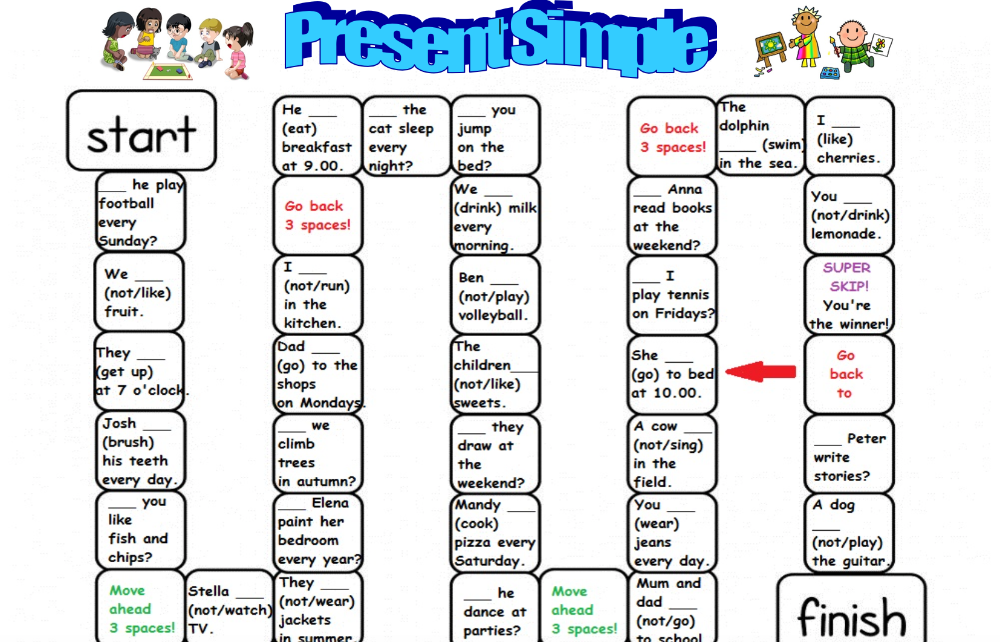 The first person to collect the most kits wins.
The first person to collect the most kits wins. - "Verbal portrait" . One of the students describes the appearance/clothes of the other without naming him. The rest must guess who it is.
- "Housewarming" . Students are presented with a picture of an empty room. They must tell where and what kind of furniture they want to put.
- "Help the cook" . The task of the students is to help the cook to prepare this or that dish. Students say what ingredients should be put in a pot (in a frying pan). You can ask students to explain how to cook one of their national dishes or their favorite dish.
- Dating site . Students receive "profiles" of people from a dating site and look for a pair for each profile, arguing their decision. For example:
- “Is something missing?” . For this game you will need cards with the image of the studied words.
Such cards can be made independently, bought at a children's store or printed from pinterest.ru. Recently, the Russkiy Yazyk publishing house published a manual by T. B. Klementyeva “Play and memorize Russian words!”, In which there are sets of cards on the topics “Family”, “Clothes”, “Products”, etc. The cards are laid out on the table students try to remember them. Then the students turn away, and the teacher removes one or more cards. Students should say what is missing.
- "Alphabetical" . Students are divided into teams, each team must write one word for each letter of the alphabet and arrange them in alphabetical order. Points are deducted for spelling mistakes.
- "Find Anton" . According to the plot of the game, a young man Anton disappeared. Each of the students reads their mini-text, which says where the student saw Anton, for example: “You saw Anton near the store. You greeted him." The goal of the game is to restore Anton's route on the map given to the students.
- "Guess my plans" . One of the students guesses what he will do tomorrow / did yesterday, etc., while others try to guess his plans by asking questions that require a positive or negative answer, for example: “Will you walk in the park tomorrow?”, “Tomorrow you will you do your homework?"
- Impromptu . According to the author of the task Asonova G.A. [5], the game can be bought in the Igroved chain of stores. Included in the game - cards with different pictures. One student asks another a question. He draws a card from the deck. The student's answer should be related to what is shown on the card. "Why are you late for class?" (it's raining on the card). “Because it was raining.”
- Diary . Not a game, but rather a form of extracurricular work. The teacher asks students to keep a diary in Russian, describing everyday events in it. It is necessary to check the diary from time to time so that students do not forget about it.
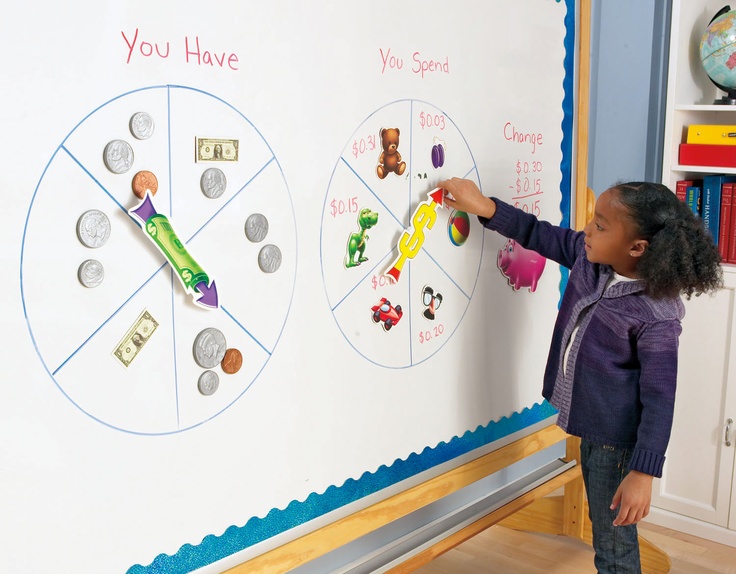
- Yulang game sets are a great tool for a teacher. Now there are already 3 sets on the site, and we do not plan to stop!
✅ Verbs of motion and transport (A1)
✅ Verbs of motion and transport (A2)
✅ Free time and sports (A1)
You can find the full list of RFL lessons from the YLang team in the corresponding section . 250+ learning materials for different levels (from A1 to C2) can be a great addition to traditional textbooks.
Where else can I find games for Russian as a foreign language?
Here is a list of our favorite manuals, articles and Internet resources describing game methods in Russian as a foreign language:
- Akishina AA Russian language in games. M., 2011.
- Arutyunov A. R., Chebotarev P. G., Muzrukov N. B. Game tasks in Russian language lessons: a book for a teacher. M., 1987.
- Bezkorovainaya L. S., Shtylenko V.
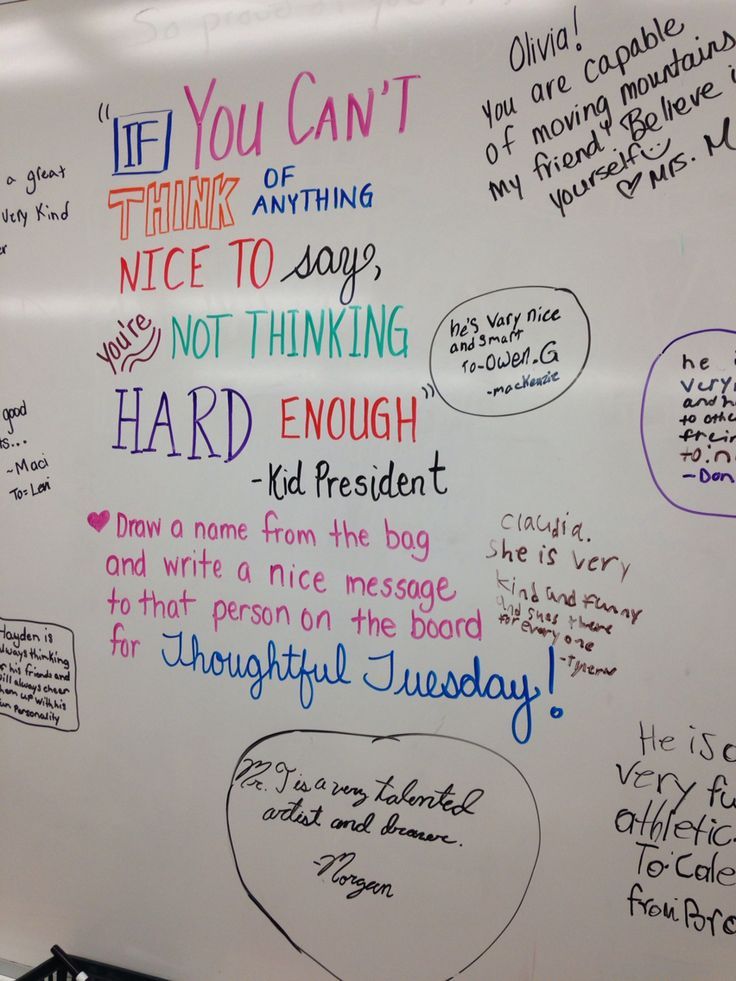 E., Shtylenko E. L. Maps, cards, pictures: textbook. allowance for the Russian language. SPb., 2011.
E., Shtylenko E. L. Maps, cards, pictures: textbook. allowance for the Russian language. SPb., 2011. - Bitekhtina N. B., Vaishnore E. V. Game tasks in the classroom in Russian as a foreign language // Live Methods. M., 2009.
- Zakorchevnaya L.R. Game guide for beginners. M., 2019.
- Kaznyshkina IV Communicative games at the lessons of Russian as a foreign language. M., 1983.
- Klementieva T. B. Play and memorize Russian words! Manual-game in the Russian language. M., 2019.
- Kolesova DV, Kharitonov AA Wordplay: what and how to play at the Russian language lesson. SPb., 2011.
- Konysheva AV Game method in foreign language teaching. SPb., 2008.
- Chubarova OE Verbs of movement with prefixes: a guide-game in the Russian language. M., 2015.
- Shtelter O. In this little basket. Games in the Russian language lesson. Issue 1. St. Petersburg, 2011.
- Stelter O. In this little basket. Games in the Russian language lesson.
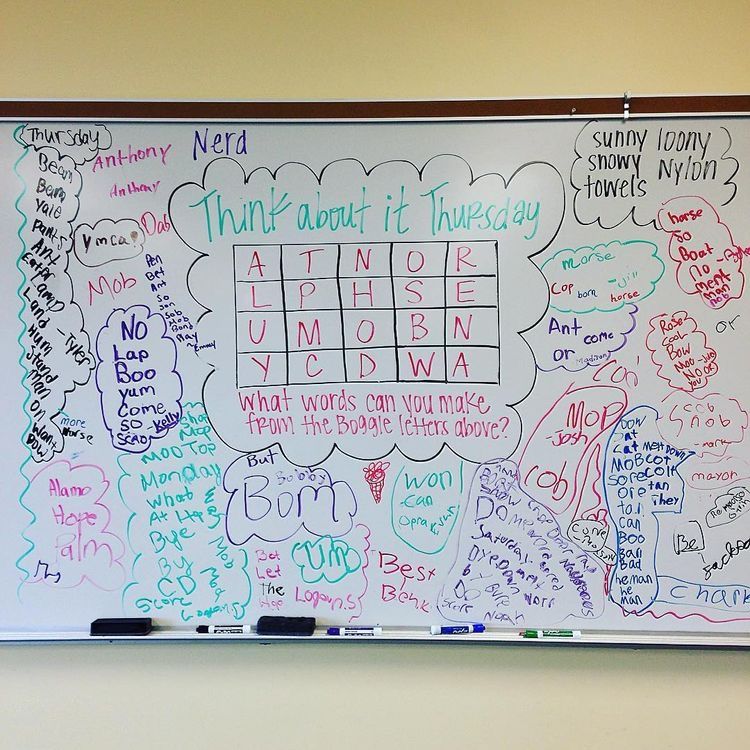 Issue 2. St. Petersburg, 2012.
Issue 2. St. Petersburg, 2012. - Shtelter O. Poems, rhymes, rhymes. 100 poems for students of the Russian language. SPb., 2014.
- RFL games
- Materials of RCT. Boring Russian
- Tochka.ru
For writing this article, we used the works from the list below:
- Azarina L. E. Games in Russian as a foreign language // Vestn. CMO MSU. M., 2009, No. 3.
- Asonova GA Grammar-communicative exercises with elements of the game as a way to enhance the knowledge of Russian as a foreign language // Bulletin of the Southern Federal University. Philological Sciences. M., 2013. No. 3.
- Asonova G.A. Game and some other educational tasks as methods of intensifying teaching Russian as a foreign language at the initial stage within the framework of the program of the preparatory faculty of the Peoples' Friendship University // Linguistics and Intercultural Communication.
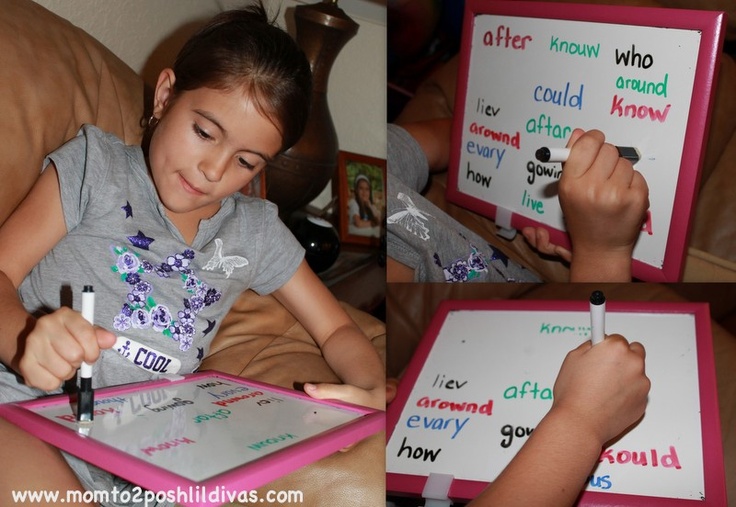 2016. Issue No. 1 (20).
2016. Issue No. 1 (20). - Vasilyeva T. V. Games and creative tasks as a way to form professional competencies. From 3–36.
- Gubanova T. V., Nivina E. A. Russian language in games: teaching aid. Tambov, 2007.
- Zheleznyakova SN Role-playing games in the lessons of Russian as a foreign language // Actual problems of the humanities and natural sciences. M., 2017. No. 2–5.
- Minkina I. I know ten Russian words // Teacher's newspaper, 2010.
- Fedorova MA, Churilova IN Game methods as a means of optimizing the educational process in teaching Russian as a foreign language in an adult audience // Uchenye zapiski ZabGU. Chita, 2017. V.12, No. 6.
- Fedotova N. A. Phonetic games in teaching Russian pronunciation to foreigners // OTO, 2016. No. 2.
- Shkalikova AS Educational and speech games in Russian as a foreign language class as a means of activating the speech activity of students at the initial stage of education (Chinese audience) // Polylinguality and transcultural practices.
